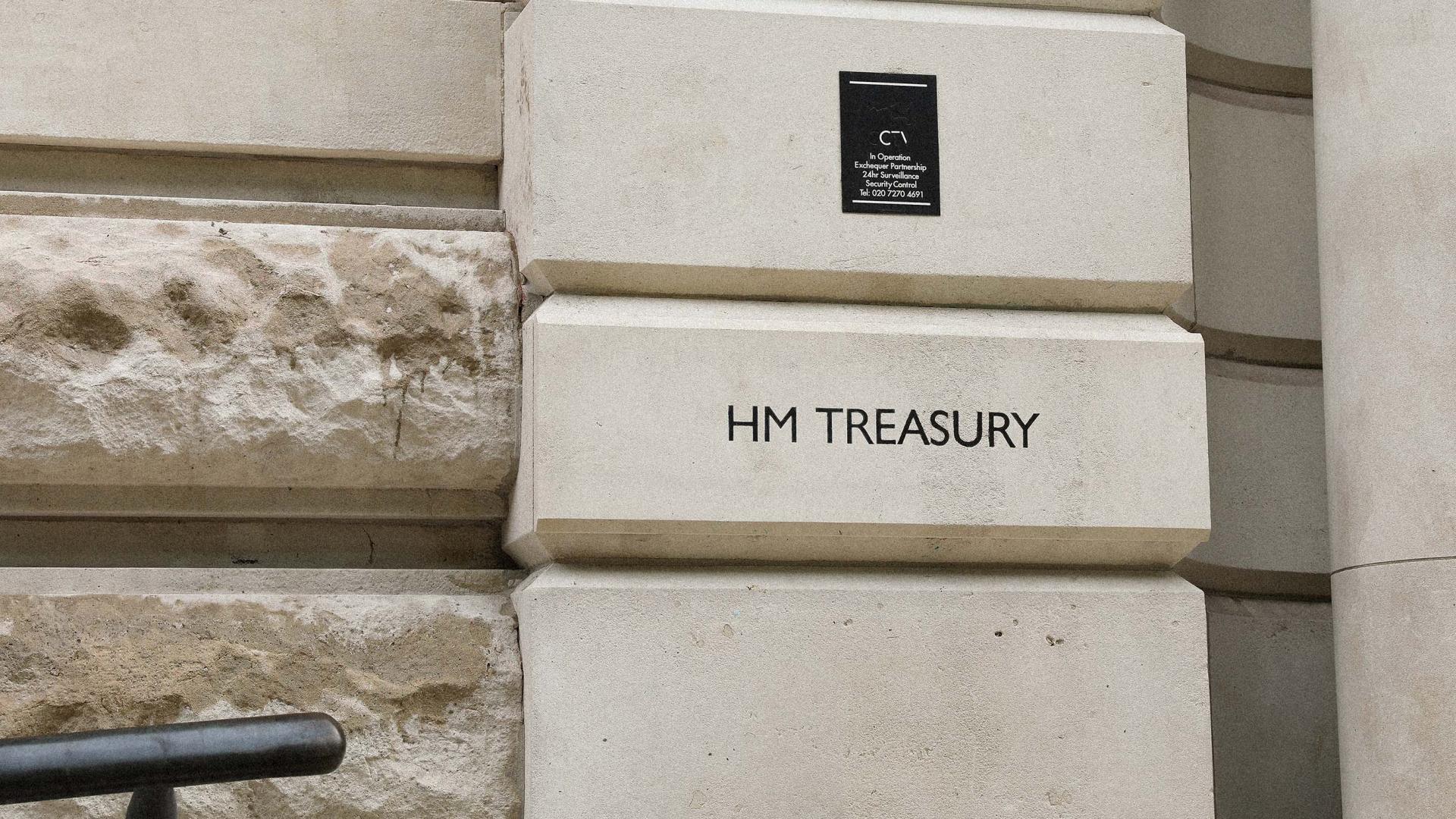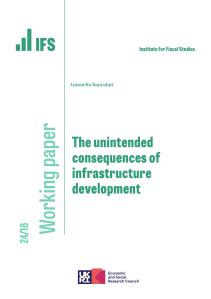After most general elections in which the opposition party forms the new government, you get an emergency budget that charts a new direction. George Osborne did it in 2010, as did Gordon Brown in 1997 and Geoffrey Howe in 1979. Yet none of those changed direction as abruptly and comprehensively as Kwasi Kwarteng has just done. This felt, as it was supposed to, like a completely new government. It feels like a new party is in charge.
Out of the window went Rishi Sunak’s increases to the rates of national insurance contributions and corporation tax, as well as longstanding Conservative policy on bankers’ bonuses, the additional rate of income tax and whether contractors should determine for themselves whether they qualify for the tax advantages of not counting as an employee. Fiscal rules, legislated this year, are also gone.
Borrowing looks like it will settle at well over £100 billion per year. Interest payments on that borrowing also will be higher if the reaction of the gilt market is anything to go by. Unless there is a remarkable increase in our economic growth rate, this will be unsustainable: debt will rise.
And there are further risks to the public finances. We heard nothing from the chancellor about spending, but with inflation so much higher than it was when plans were set out a year ago, it is hard to see how day-to-day public spending will do anything other than overshoot.
The bet is that these tax cuts and other policies will shock the economy on to a higher growth path. I sincerely hope that bet pays off. If it is to do so, we will need a lot more than tax cuts, changes to financial regulation and promises of planning reform. They should help, but they will not create a fundamentally stronger economy. A growth strategy needs to encompass education, skills, competition, tax reform — not just cuts — infrastructure, R&D and much more. Cutting tax rates is easy. Much of the rest is not.
If the bet doesn’t pay off as far as the public finances are concerned, it will be possible to reverse policy later on. Tax rises often follow a general election. I suspect the next election will be no different, whoever wins. Perhaps the riskier bet is on inflation and the response of the Bank of England.
A big fiscal stimulus is one thing when inflation is stable and near the Bank’s 2 per cent target and when interest rates are close to zero. It is quite another at the moment. The Bank has said it is trying to damp down demand to get inflation under control. The government is shoving in exactly the opposite direction. One result will be interest rates rising further than they would have done otherwise, with obvious consequences for both business investment and mortgage payments.
Growth is about long-term reform. There was some of that in this mini-budget. I hope to see a lot more in future. But we should beware of confounding the short-term sugar rush that will result from this stimulus with that much-needed, long-term and sustainable reform strategy.
This article was first published in The Times, and is reproduced here with kind permission.










